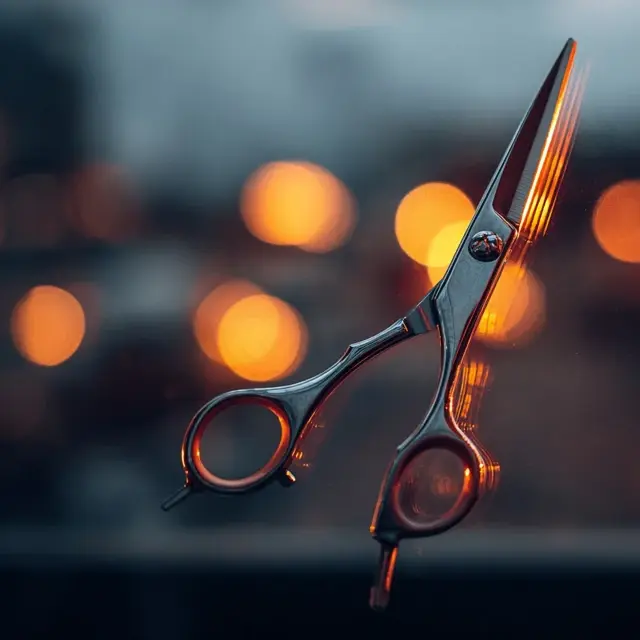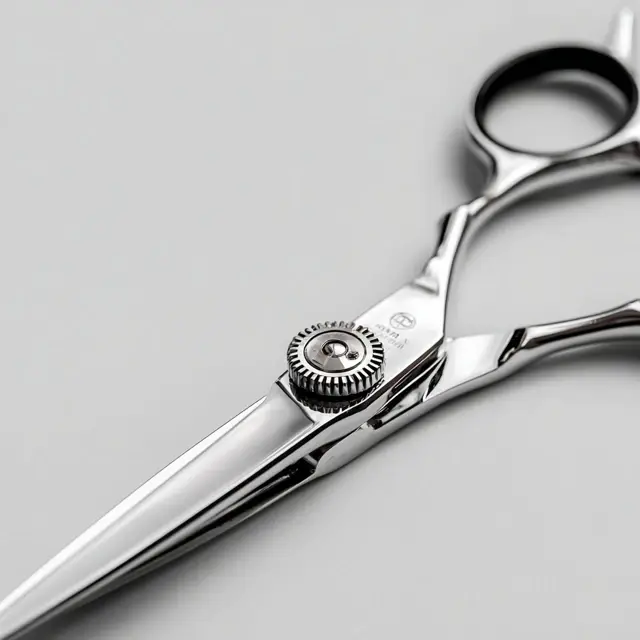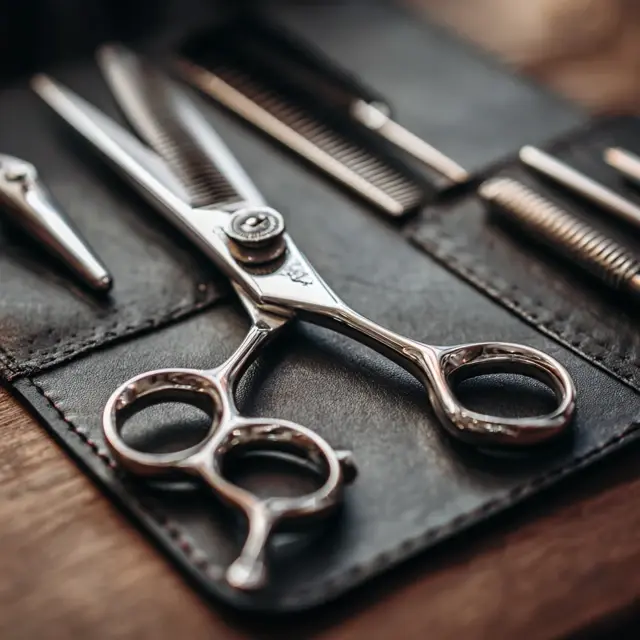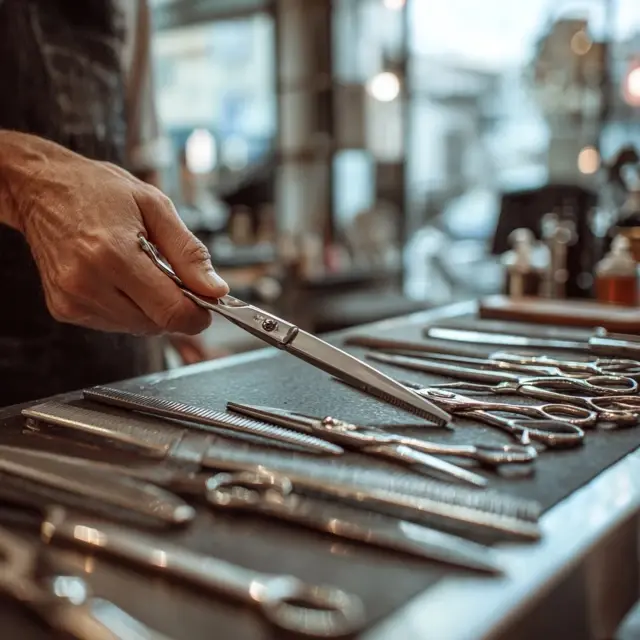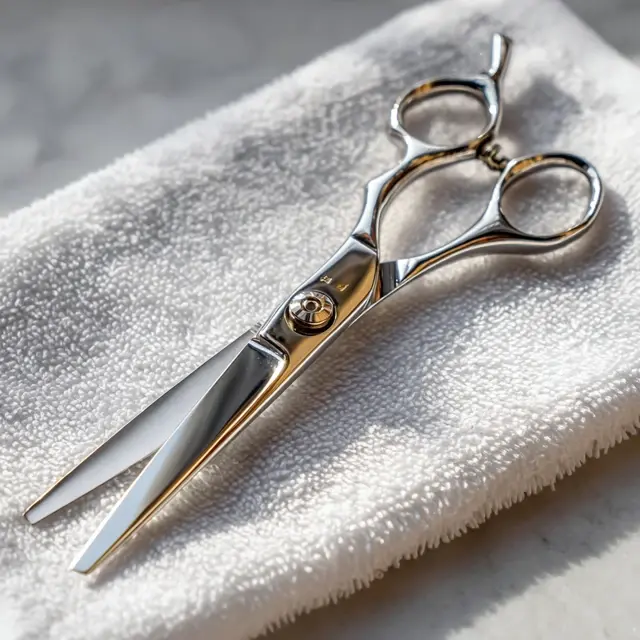Edge Longevity: Habits That Protect Hair Scissors
For professional stylists, sharp hair scissors are more than just tools—they’re extensions of skill and artistry. Yet even the finest blades lose their edge without proper care. By practicing specific habits, you can protect your scissors from premature dullness and enjoy consistent cutting precision for years.
Why Edge Longevity Matters
Dull scissors don’t just affect haircut quality—they also strain hands, cause split ends, and reduce client satisfaction. Prolonging edge sharpness saves money on frequent sharpening and preserves the natural flow of your cuts.
Daily Habits That Extend Blade Life
1. Wipe After Every Cut
Hair fragments and styling products can cling to the blades, accelerating wear. A quick wipe with a microfiber cloth after each use prevents buildup.
2. Handle with Care
Set scissors down gently and avoid tapping blades against hard surfaces. Even minor knocks can affect alignment and chip the cutting edge.
3. Use Only on Hair
Never cut fabric, paper, or synthetic materials with hair scissors. These surfaces are much tougher than hair and can blunt blades instantly.
4. Keep Tension Correct
Improper tension causes blades to rub or fail to cut cleanly, both of which dull the edge faster. Adjust screws regularly to maintain balance.
Weekly and Monthly Habits
1. Oil the Pivot Point
A drop of oil reduces friction, helping blades glide smoothly and minimizing unnecessary wear on the edge.
2. Inspect for Early Damage
Look for signs like uneven cuts, squeaking, or visible nicks. Addressing small issues promptly can prevent major repairs.
3. Rotate Multiple Pairs
If possible, alternate between pairs of hair scissors. Rotation spreads usage evenly and prevents overworking one tool.
Storage Habits for Longevity
Storage plays a huge role in edge protection:
- Always close blades before storing.
- Keep scissors in padded cases or holsters.
- Store them in dry, cool spaces away from moisture.
Signs It’s Time for Sharpening
Even with perfect care, all scissors need sharpening eventually. Watch for these indicators:
- Hair folds or slips instead of cutting cleanly.
- You need more pressure than usual for each cut.
- The edge feels rough when touched gently (with caution).
Final Thoughts
Protecting the edge of your hair scissors doesn’t require complicated routines—just mindful habits practiced daily. With consistent care, you’ll extend blade life, save money, and deliver precise cuts that clients appreciate.
